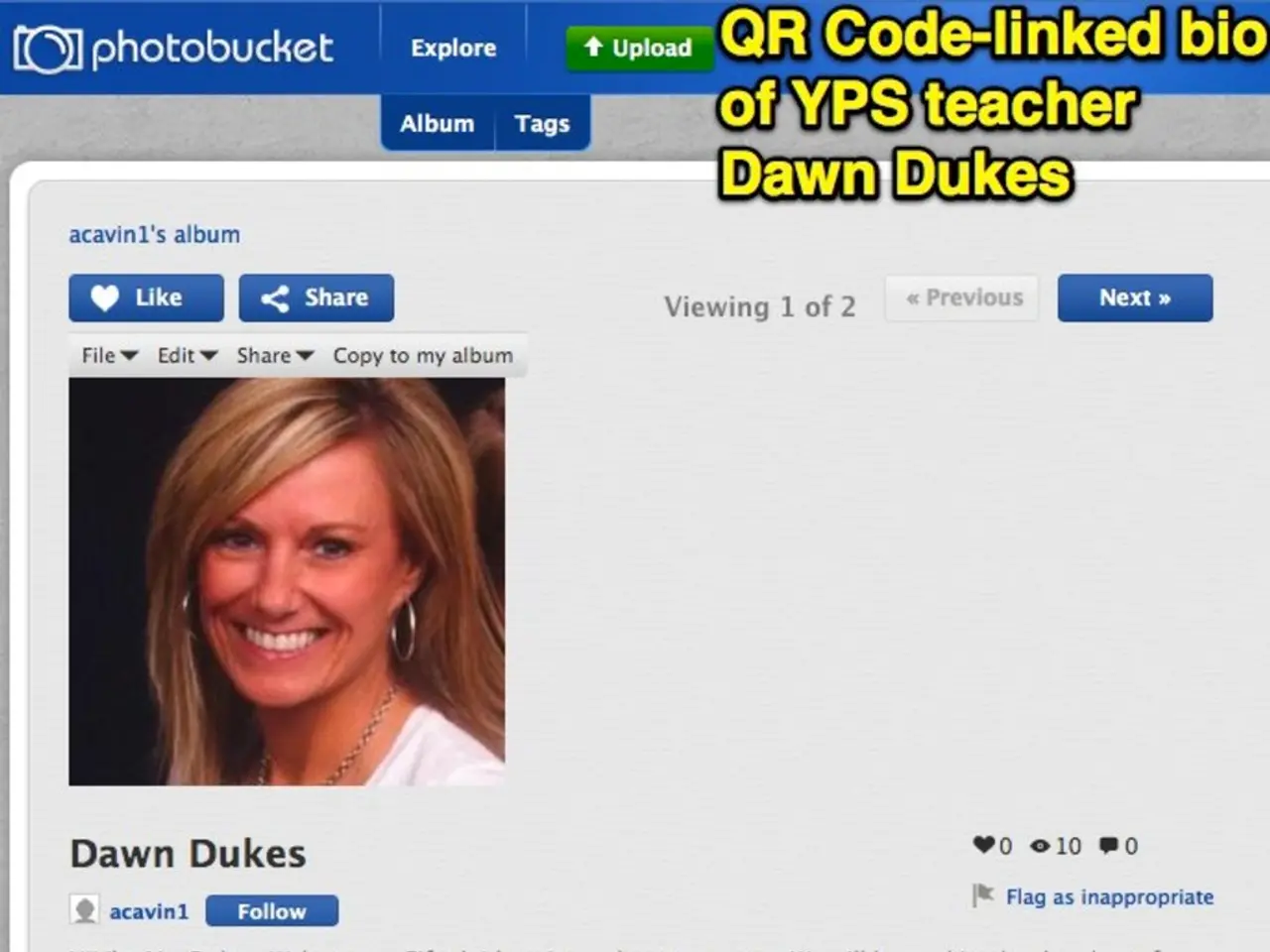Rising Trend of Instagram-Based Therapy - Potential Pitfalls to Avert
In the digital age, therapy is no longer confined to the traditional office setting. Social media platforms, particularly Instagram, have become a hub for mental health support, with a growing number of therapists taking their practices online. One such therapist making waves is Alex Jenny, LCSW, also known as The Drag Therapist.
Jenny aims to demystify therapy and normalize difficult conversations about topics like eating disorders, racial trauma, LGBTQ+ related trauma, and more. She compares following therapy accounts to dating, suggesting that one should take time to find the best therapist for their needs, just as one would take time to find the best partner.
Jenny's approach is unique. She is a queer, trans woman of color who is unapologetic about her sexual expression and is vulnerable with both clients and followers. This bold approach challenges traditional perceptions of what a therapist should be and shows that one can be both a therapist and authentic.
Not everyone finds the same success in Instagram therapy. Sam, a nonbinary individual with various mental health diagnoses, has unfollowed therapy accounts that do not spark deeper interrogation of their emotional landscape, are not paired with actionable advice, and do not clearly state their boundaries. Sam has also experienced some therapy accounts blurring the line between influencer content and harmful mental health information.
Despite these challenges, Instagram therapy can normalize therapy and destigmatize it, making it seem accessible to everyone. Shuba, a recent college graduate with depression and anxiety, has used Nedra Tawwab's therapy account to help cope with intense family dynamics after moving back home. Cassie, a recent graduate with Bipolar Disorder, cautions against relying on one-size-fits-all mental health advice from Instagram and other sites, as it can justify toxic behaviors.
The Drag Therapist emphasizes that communication with followers on Instagram is different from that with clients, and therapists are not responsible for followers' emotional processes. She encourages followers to engage deeply with posts, questioning their reactions, and using posts as conversation starters for emotional growth, rather than expecting them to fix problems or absolve personal responsibility.
Following therapy accounts can help reduce knowledge gaps about mental and emotional health, and some use them as journaling or conversation prompts rather than therapy. Popular online therapists like Sara Kuburic, known as the Millennial Therapist, Dr. Jennifer Mulan (Decolonizing Therapy), and Andrea Glik (Somatic Witch) focus on understanding nervous systems and mental health.
Many people who lost access to therapy during the pandemic have turned back to therapy accounts for support and coping mechanisms. However, it's important to remember that each therapist on Instagram has their own perspective and biases, and their posts should be used as a starting point for further thought, not as definitive advice.
In the world of Instagram therapy, Elly, a New York-based writer, journalist, and poet, stands out. She hosts parties for her friends, is Brooklyn's resident pun enthusiast, and shares posts about self-care, forgiveness, setting boundaries, and trauma on Instagram. To read more of her work, visit her website, or follow her on Twitter.
Read also:
- Understanding Hemorrhagic Gastroenteritis: Key Facts
- Stopping Osteoporosis Treatment: Timeline Considerations
- Tobacco industry's suggested changes on a legislative modification are disregarded by health journalists
- Expanded Community Health Involvement by CK Birla Hospitals, Jaipur, Maintained Through Consistent Outreach Programs Across Rajasthan








